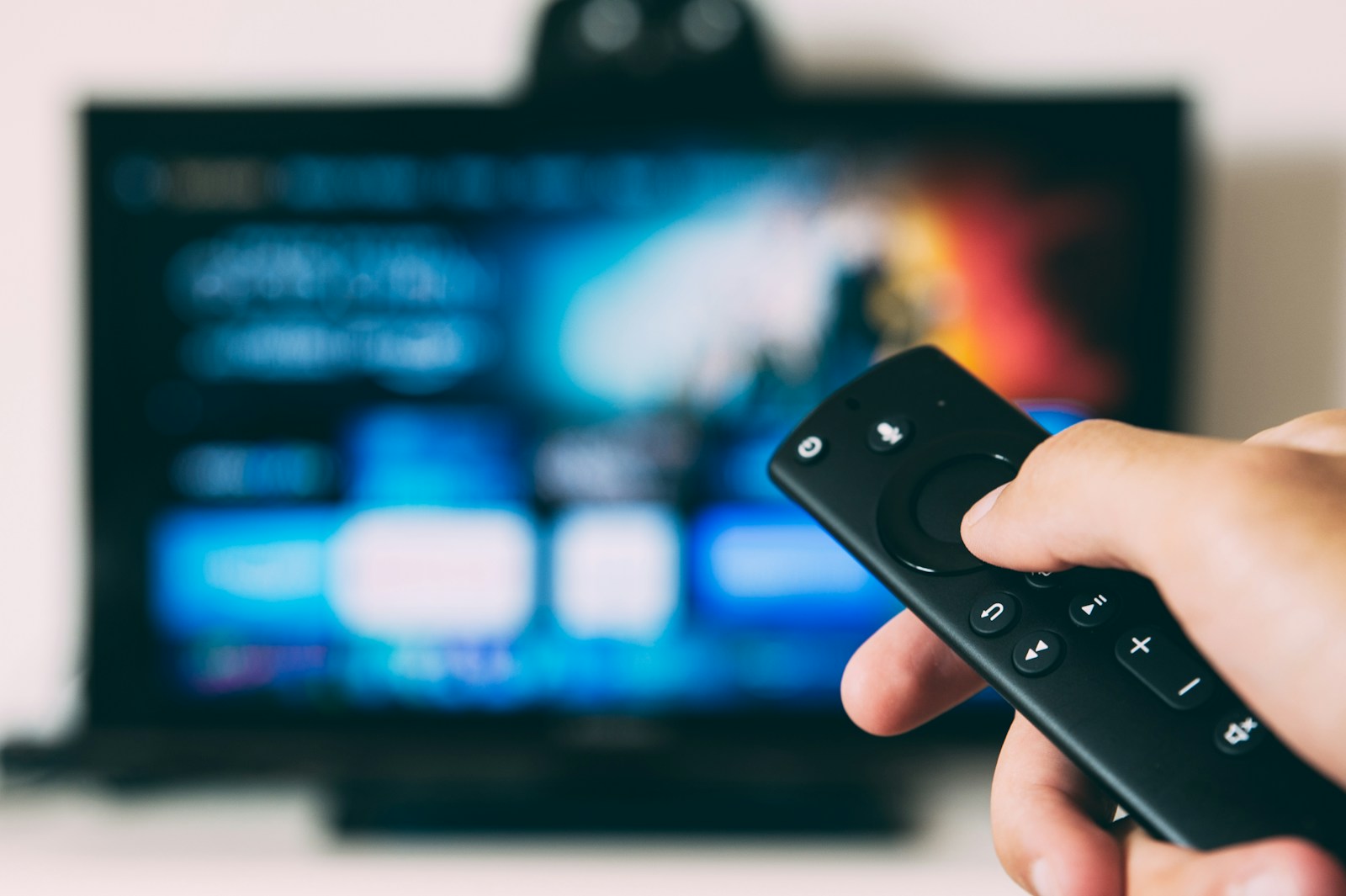Key Takeaways:
- The Trump administration pushed ABC to suspend Jimmy Kimmel.
- Network TV now has fewer viewers than in the past.
- Media mergers and deregulation weakened network leaders.
- Accusations of “liberal bias” make networks more fearful.
- This clash highlights a growing threat to free speech.
For decades, late night TV held a special place in America. Millions tuned in each night. Today, its power has faded. As a result, political leaders find it easier to silence critics. In 2025, ABC even paused Jimmy Kimmel’s show after President Trump’s threats. This incident shows a modern struggle between politics and the press.
A Fight from Nixon to Now
Over 50 years ago, President Nixon tried to shut down The Dick Cavett Show. He and his team filed FCC complaints. They also ordered IRS audits and FBI probes. He called network chiefs and warned them. Yet Cavett stayed on air. Back then, ABC and CBS bosses valued free expression. They protected their hosts from political pressure.
However, today’s late night TV faces a different reality. Political figures openly demand that networks drop hosts. In July 2025, CBS canceled Stephen Colbert’s show after Colbert mocked the president. Trump then bragged that Jimmy Kimmel was next. Just days later, ABC suspended Kimmel for five days.
How Late Night TV Lost Its Crown
Once, network TV ruled the airwaves. In the 1960s, Cavett drew five million viewers each night. Johnny Carson hit 11 million. Now, late night TV draws under two million on broadcast channels. Many viewers watch clips online instead. Younger audiences skip broadcast TV altogether. More than 40 percent under 30 never tune into cable or network channels.
Because ratings fell, networks feel less tied to their hosts. They see late night as a cost, not a crown jewel. If a host angers the wrong person, executives can pull the plug without huge backlash. After all, few watch live anymore.
Political Pressure in a Streaming Age
In September 2025, FCC Chair Brendan Carr joined the drumbeat against Jimmy Kimmel. On a podcast, he warned ABC and its affiliates that they might face FCC action if they did not act. Soon after, major affiliate groups threatened to drop the show. ABC caved and suspended Kimmel.
Yet the reaction was swift. Fans, free speech advocates, and many celebrities blasted the move. Five days later, ABC reversed its decision. Kimmel returned to the air. But the episode sent a clear message: late night TV is vulnerable.
Deregulation and Mega Mergers
Back in Cavett’s time, network leaders were true broadcasting pioneers. They built their networks from the ground up. They valued independence. They resisted political threats.
Today, network channels belong to giant media conglomerates. These giants own studios, cable channels, streaming services, and more. They need government approval to merge or expand. As a result, they must stay on the good side of the White House and regulators.
For example, the 1996 Telecommunications Act spurred a wave of mergers. Disney bought ABC. Paramount merged with Skydance to control CBS. Sinclair and Nexstar control dozens of local stations. All of these deals need FCC approval. Thus, these conglomerates have less room to fight political pressure.
Charging “Liberal Bias”
The idea of liberal bias in the media did not start with Trump. Decades ago, right-wing activists claimed that networks shut out conservative voices. Nixon echoed those claims in public. His vice president, Spiro Agnew, criticized the networks as an “unelected elite.”
More recently, figures like Roger Ailes and Rush Limbaugh amplified the charge. They built a base that deeply distrusts mainstream TV. Today, when Trump calls a show biased, his supporters rally behind him. They call for boycotts and FCC complaints.
Thus, when a late night TV host criticizes the president, networks face intense backlash. They risk being labeled enemies of a vocal political movement.
Free Speech on Shaky Ground
The suspension of Jimmy Kimmel shows how fragile broadcast protections have become. In the golden age of network TV, executives took political hits to defend their hosts. Now, they worry more about stock prices and pending deals.
Moreover, the fragmented media landscape makes viewers more isolated. People can avoid channels that anger them. They can watch shows on streaming or online. This fragmentation reduces the public outcry when a network bows to pressure.
In the end, today’s fights over late night TV reflect a larger crisis. When a government can silence critics on national airwaves, free speech takes a hit. As audience habits and media ownership have shifted, so have the risks for hosts and networks.
What’s Next for Late Night TV?
It is hard to predict the future. Late night TV may never regain its old audience. Streaming and social platforms will keep growing. Yet political pressure may push some hosts off the air altogether.
Networks could try to diversify their revenue. They might focus more on digital ads or subscriber services. Hosts might move to streaming or podcast formats that defy FCC rules. That could give them more freedom.
Whatever happens, the battle between politics and the press will continue. Late night TV will remain a key front in that fight.
FAQs
Why did ABC suspend Jimmy Kimmel?
ABC suspended Jimmy Kimmel after the FCC chair threatened action. Affiliate groups also warned they would drop the show.
Are network shows still popular?
No. Today, fewer people watch late night TV on broadcast channels. Many viewers prefer online clips or streaming services.
How did media mergers affect networks?
Mergers created mega companies that crave government approval. As a result, these companies avoid risking political ire.
Could late night hosts move online?
Yes. Some hosts might shift to streaming, YouTube, or podcasts. Those platforms face fewer broadcast rules.
